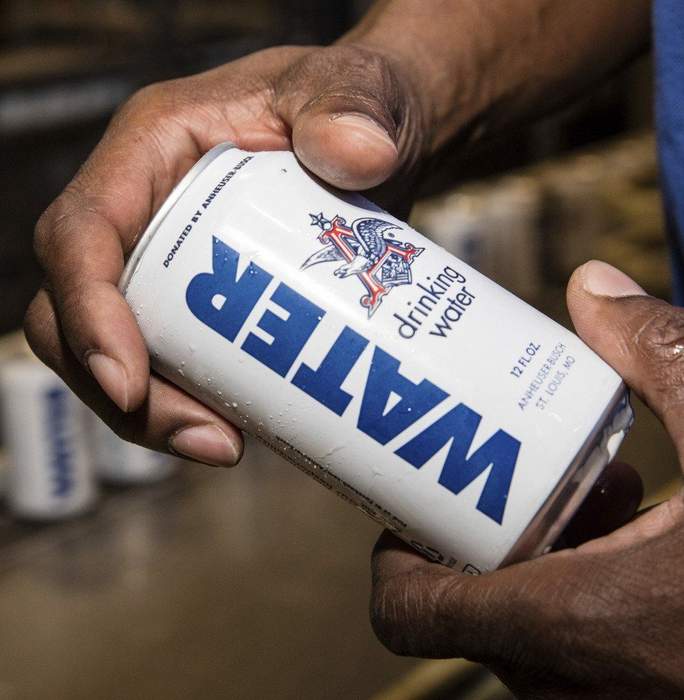Earlier this year, Coca-Cola and PepsiCo announced that as part of their efforts to cut down on plastic waste they were working on packaging water in aluminum cans
The tech sector is also latching on to the aluminum trend, with Apple announcing last week that the new iPads and Apple Watches would feature components made from 100 percent recycled aluminum. This announcement follows commitments it made last year that enclosures of its MacBook Air and Mac mini would be made out of recycled material. “We’re pioneering a future where we no longer need to mine precious materials from the Earth to make our products,” Apple said in its 2019 environmental responsibility report.
Companies are favoring aluminum because of its environmental appeal. It can be recycled indefinitely, with an aluminum can becoming another aluminum can without losing anything much in the process. Most food-grade plastics, in contrast, are ‘downcycled’, in that their quality is degraded each time they are recycled.
The Aluminum Association, an industry group in the United States, says that almost 75 percent of all the aluminum ever produced to date is still in use today. On the other hand, only 9 percent of all plastics ever made have been recycled. It found that 6.3 billion of the 8.3 billion metric tons of all the plastic ever made has become waste.
Recycling aluminum saves about 90 percent of the energy it takes to make new aluminum, which is great since mining bauxite ore and turning it into aluminum is pretty environmentally destructive and energy-intensive. It takes about twice as much energy to produce new aluminum as it does to produce new plastic. So to reap the most environmental rewards of using aluminum, companies and individuals ought to make sure they are sinking their money into recycled aluminum, not virgin aluminum.
However, switching over to aluminum from plastic partly solves one problem (less plastic) but creates a new problem (more aluminum). Moreover, while some of the new aluminum cans will get recycled, others could easily end up in the trash.
In the 19th century, William Jevons found that increased efficiency in using coal for energy led to using more coal, not less of it. The same could happen for aluminum, as its popularity rises there are fears that it could lead to the creation of not only more aluminum waste but potentially more mining for its raw materials as well.

















